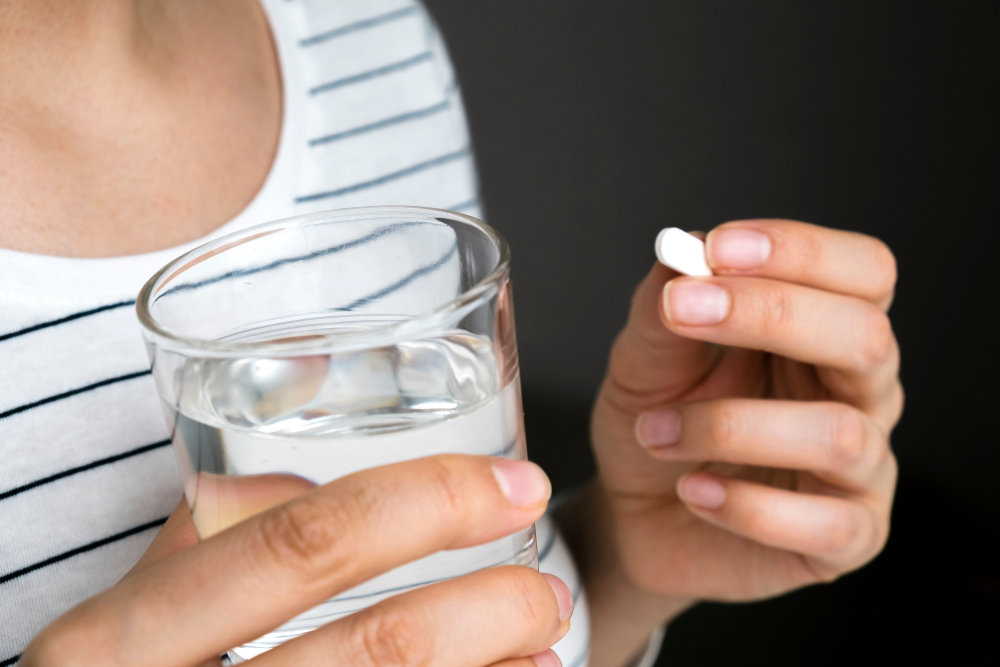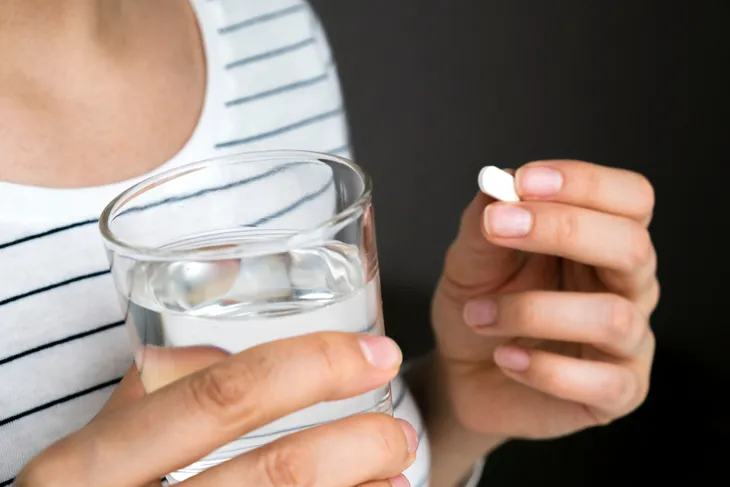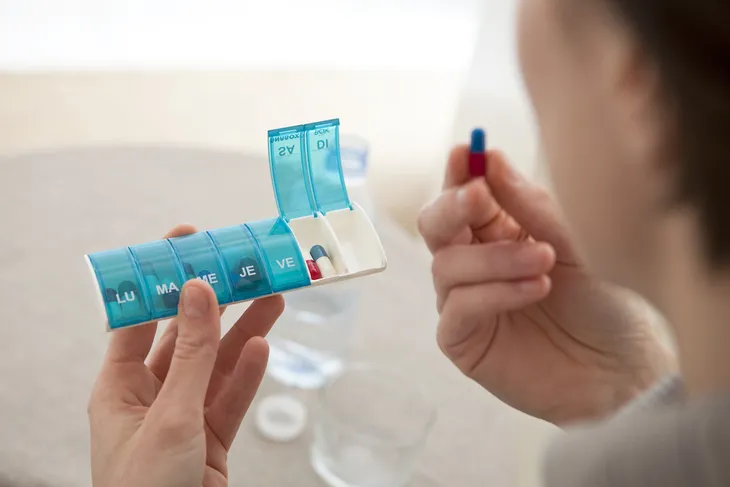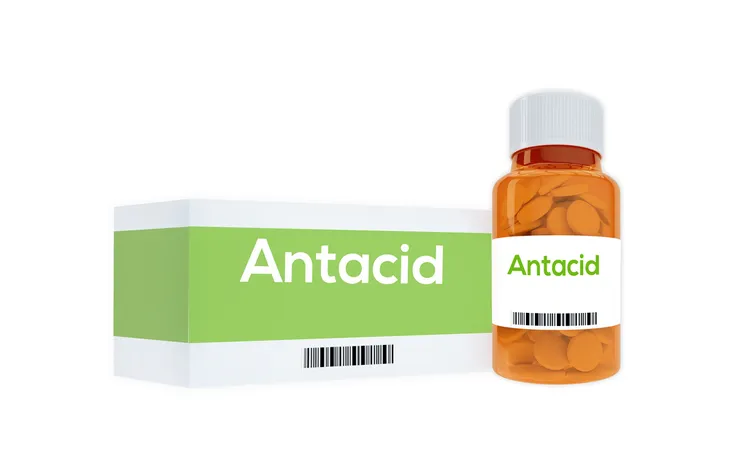If you’ve been struck down with a cold or flu this winter, you’re definitely not alone. However, if you’re prone to one illness after another with little break in between, your daily habits may be wreaking havoc on your immunity.
For instance, medical researchers blame stress, medications, eating habits, and no surprise, lack of shut eye, for lowered immunity and your body’s inability to ward off all types of viruses, illness, and infections. Are you guilty of any of these weakening immune system habits?
Detoxes and Cleanses
Those who attempt a detox or a juice cleanse for the first time often do so with the best intentions. However, frequent yo-yo dieters (and yes, we call any extreme form of calorie restriction a fad diet around here) often makes a mess of their overall health. Dr. Michael D. Gershon, professor of pathology and cell biology at Columbia University, says juice cleanses “are based on quack science, and the only weight you lose is water weight [which] can even do your body a lot of harm.”
According to medical professionals any calorically restricted diet (i.e., juice cleanses, detoxes, Paleo, Atkins) will make you fall ill more frequently because of the lack of essential vitamins and minerals. Instead, aim to eat healthy, well balanced meals that incorporate a good mix of magnesium, zinc, healthy fats, lean proteins, and selenium to support the immune system.
Your Drinking Habits
If you tend to resist the call of the bottle all week only to really tie one on over the weekends, your binge drinking habits may cause you to get sick more often. According to the Canadian Cancer Society, drinking to excess is a habit that will suppress the body’s bone marrow production of red and white blood cells, and weaken your immunity over the long term.
Now scientists don’t mean you have to cease drinking altogether. However, men and women who tend to drink and get drunk in a very short period of time (4 to 6 drinks over a course of a few hours) will degrade the body’s ability to fight off illness and disease. Instead, alternate every alcoholic drink with water or sparkling soda.
You’re Always on Antibiotics
All of us are aware of the dangers of taking antibiotics too often. Eventually, the bacteria build up antibiotic resistance, which means bacteria are able to better survive the antibiotic. According to research from Harvard Medical School, healthy gut bacteria (known as probiotics) play an essential role in supporting our immune health.
When you take antibiotics frequently (more than once per month) you degrade your intestinal lining as well as eradicate much of your gut bacteria. Lack of healthy bacteria will weaken the protective intestinal lining and leave the body susceptible to toxins and chronic infections (i.e., UTIs).
Frequent Travelers
The U.S. Environmental Protection Agency (EPA) puts a red flag on the immunity of any frequent business traveler. Reason being, frequent flyers, particularly women, are not only exposed to all sorts of pollutants and germs via planes, trains, and hotels…they’re bodies are also chronically run-down and stressed out due to lack of sleep, exercise, and healthy diet.
Traveling takes a toll on your health and immune system, but if you travel frequently, you’ll be more prone to illness due to lack of physical activity and vitamin deficiency. If you do travel regularly, aim to fit in at least 20 to 30-minutes of exercise (even walking) per day, plus balanced meals and snacks to keep energy up and stress down.
You Pop Pain Meds
Akin to popping prescription antibiotics a little too frequently, taking pain medications, particularly NSAIDs, will also leave you prone to illness via your intestinal lining. Like antibiotics, pain medications can also wear away at the protective layer of intestinal tissue and wipe away both good and bad gut bacteria.
According to Dr. Susan Blum, the founding director of Blum Center for Health, in New York, steroids and NSAID pain meds cause “increased intestinal permeability”, which leaves the body prone to infections via undigested particles of food, which stress and tax the immune system.
You Answer Indigestion with Antacids
You suffer indigestion after a particularly rich meal and you take a Tums. It seems innocent enough. However, if you suffer from GERD or the type of chronic indigestion that requires stronger prescription antacids (i.e., proton pump inhibitors or PPIs) you may be weakening your immune health and leaving yourself exposed to all sorts of illnesses.
According to a study from the Mayo Clinic, roughly 70-percent of our immune strength is supported by lymphoid tissue in the digestive tract. However, if the immune system suffers damage via acid absorbing antacids far too often, it will throw off your gut pH with excess acidity, and leave you prone to illnesses, like pneumonia.









